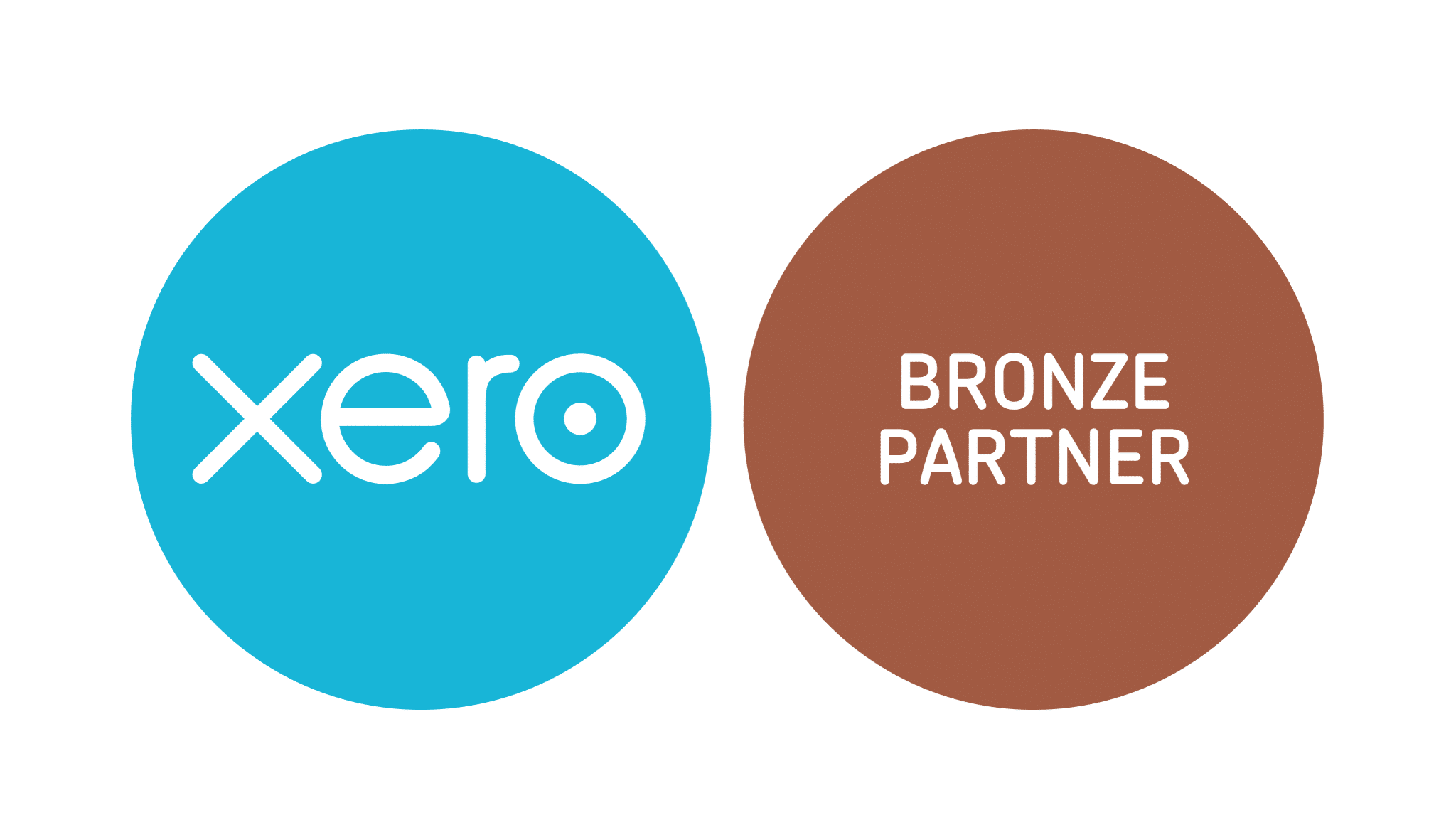Should I operate as a sole trader or a limited company?
Once you’ve decided to start a business, one of the first considerations is whether to start up as a sole trader or limited company. There is no easy answer to this and many clients have come to us completely confused about which route to take. The structure of your business very much depends upon the type of business and your expected annual income. We come across many people who have been advised to set up a limited company because it ‘saves tax’, but they haven’t been given an explanation as to why and how it saves tax. It is also important to consider any non-tax reasons for setting up a limited company such as the limited liability protection from creditors, greater options for obtaining external investment and the perhaps more professional image that a limited company projects.
When setting up a limited company the owner(s) typically pays a small salary to take advantage of the individual’s annual personal allowance while at the same time being eligible for national insurance benefits. Getting this right is very important to maintain both tax efficiency and being entitled to longer term state benefits such as a state pension. Structured correctly, a salary could be paid without incurring any income tax or national insurance, while still being eligible for national insurance entitlements. Of course, this salary alone would not be sufficient for most people to survive on and so further funds can be extracted from the company in the form of dividends. Dividends are paid from company profits after allowing for 19% corporation tax and can be an efficient way of operating a business. Once dividends are paid to shareholders by the company, the shareholder will have to declare those dividends on their personal tax return (self assessment) and pay a dividend tax. Despite the dividend tax, many businesses may still be financially better off operating as a limited company, but a detailed analysis of the projected numbers needs to be undertaken before making this important decision.
The disadvantage of operating a limited company is the additional administration involved, mainly due to the statutory filing requirements. Limited companies must submit an annual ‘confirmation statement’ and annual accounts to Companies House within the required timeframes to avoid penalties. A corporation tax return must also be submitted to HMRC. In addition, directors of limited companies drawing a salary and/or dividends from their company are required to submit a personal tax return to HMRC.
In contrast, operating as a sole trader involves declaring profit to HMRC just once a year via a personal tax return. When a sole trader starts trading they need to register with HMRC as self-employed so that they are placed into the annual self assessment system. Annual profits (or losses) from the sole trader business are then declared on the individual’s personal tax return after the end of the tax year. Income tax, class 2 and class 4 national insurance are subsequently payable on these profits.
Going down the sole trader route involves less administration but the individual is personally liable for any business debts and more tax may be payable. Operating a limited company can be more tax efficient, offer protection from personal liability and offer a more professional image, but this needs to be weighed up against the additional time and expense involved in meeting the extra reporting requirements.





